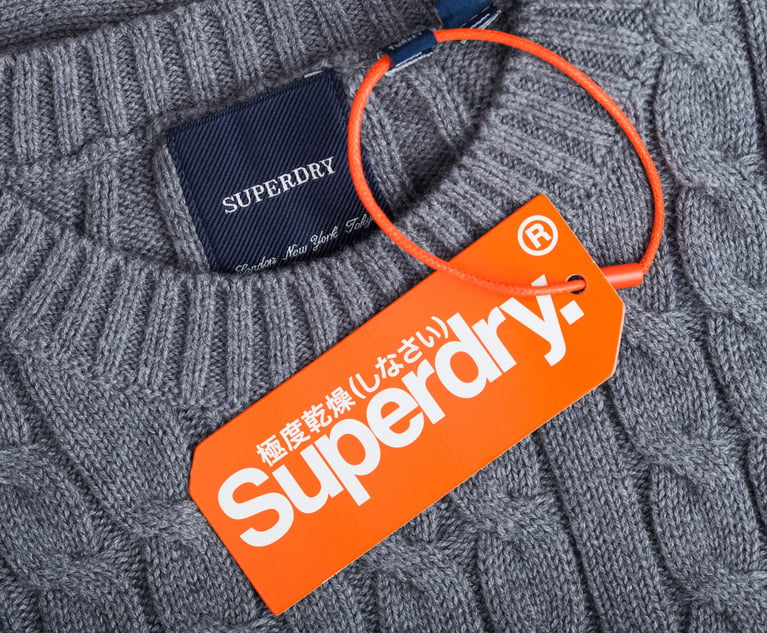The majority of the competition law websites of interest to UK and EU law practitioners are public sites, run by organisations such as the Office of Fair Trading (OFT) and the European Commission (EC). Given that the UK’s new Competition Act must be interpreted as far as possible in accordance with European Union (EU) competition law, the EU sites are a particularly important resource.
Generally, these sites do not feature elaborate graphics so they load quickly, although a number of the UK public sites seem to have been designed with consumers in mind. Hopefully, future redesigns will take more account of the needs of practitioners as a distinct group of users, particularly given the growing importance of web-based materials for this area of law.
One of the main public sites that deal with EU and UK competition law is DG Competition (www.europa. eu.int/comm/competition/index_en.html).This is the site of the EC’s directorate of competition policy. It covers all areas of EU competition policy, including merger control.
The site is fairly easy to negotiate and contains the relevant EU legislation, plus the latest merger decisions together with speeches and papers on the application of competition law to specific problems and sectors.
Useful research tools include a list of merger
control decisions by sector. It also contains a link to RAPID (www.europa.eu.int/rapid/start/welcome.htm), the Commission’s database of press releases, where the results of competition decisions will often be announced prior to
publication of the full text of the decision.
RAPID’s search engine can best be described as peculiar, so it is best to try a range of search terms before giving up in despair.
Curia (www.curia.eu.int) is the site of the European Court of Justice and Court of First Instance. It provides access to case law back to 17 June, 1997. But it is not that easy to use – the search engine works best if you know the exact name or the number of the case you are looking for.
For pre-1997 cases, you will need to look to commercial providers such as www.ili.co.uk, which offers access to Celex (the official database of EU materials) over the internet for a fee. Although incomplete, the Curia site has a useful research tool in the form of the subject index, which lists relevant cases by area of law (for example, abuse of dominance).
The Office of Fair Trading’s site (www.oft. gov.uk) has an entire section devoted to the new Competition Act, which
contains some helpful introductory material for the uninitiated, along with detailed technical guidelines on it. It is understood that the text of OFT decisions will also be published on the site. It is rather less user-friendly as far as merger control is concerned; there is no equivalent of the Competition Act pages and you have to search from the main OFT homepage for relevant documents.
UK regulators
The OFT shares jurisdiction for the application of the Competition Act to regulated sectors with Oftel (www.oftel.gov.uk), Ofgem (www.ofgem.gov.uk), Ofwat (www.ofwat.gov.uk) and The Rail Regulator (www.rail-reg.gov.uk).
Most of them have produced guidance notes on how they intend to apply their powers, which are also available on the OFT site. Some have also produced policy documents setting out their position on specific issues, but the depth and quality of available materials varies considerably from one regulator to another.








